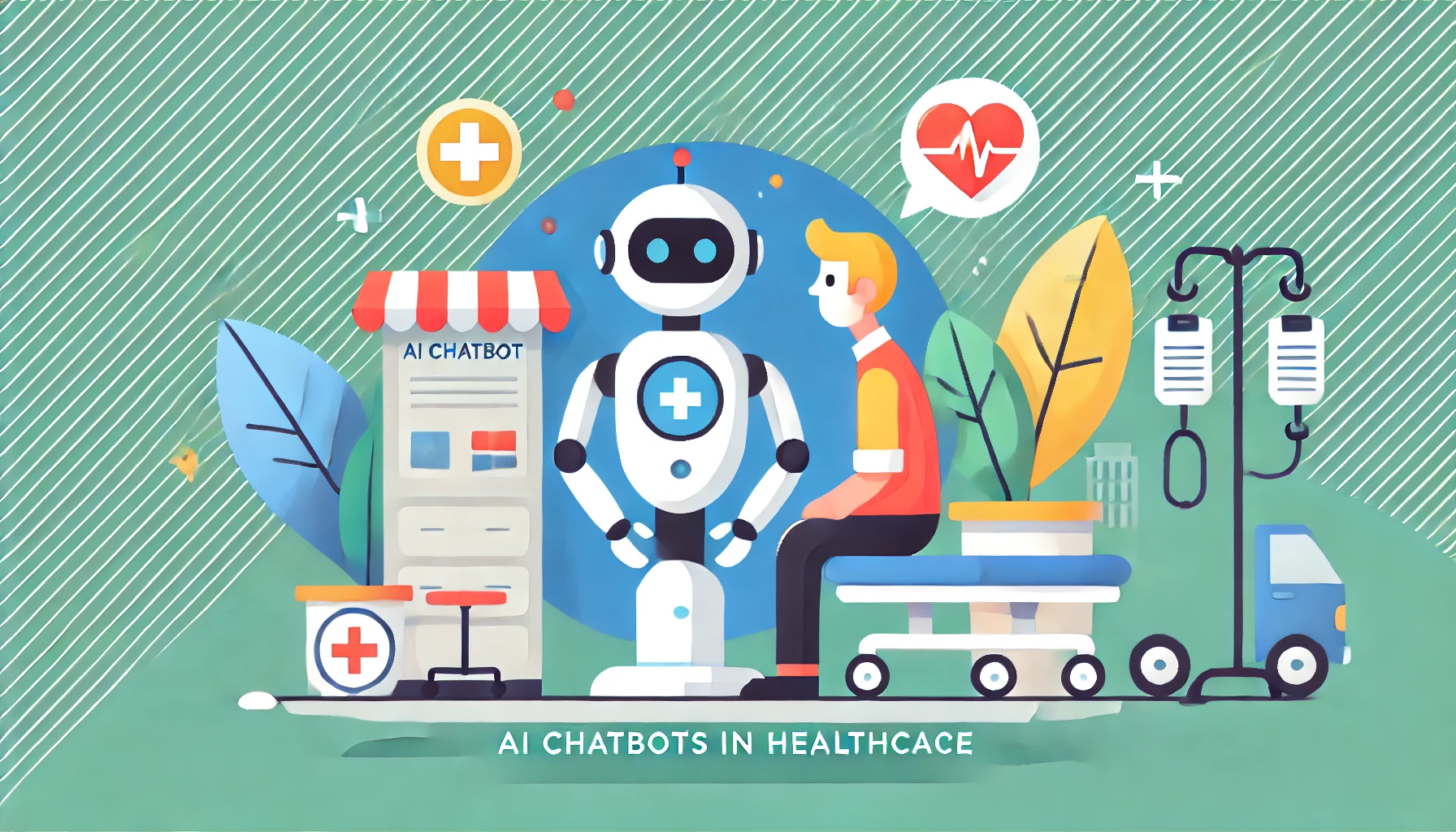
The healthcare industry is experiencing a significant transformation with the advent of artificial intelligence (AI) chatbots. These intelligent systems are revolutionizing patient care, streamlining administrative tasks, and improving overall healthcare efficiency. Below, we explore several transformative use cases of AI chatbots in healthcare.
Streamlining Patient Triage
AI chatbots are increasingly being used to streamline patient triage processes. By leveraging natural language processing (NLP) and machine learning algorithms, these chatbots can gather patient information, assess symptoms, and prioritize cases based on urgency. This not only speeds up the triage process but also ensures that critical cases receive immediate attention.
“AI chatbots are revolutionizing patient triage, enabling quicker and more accurate assessments, ultimately leading to better patient outcomes.”
For example, patients can interact with a chatbot by describing their symptoms. The chatbot analyzes the input and suggests possible conditions or advises on the next steps, such as scheduling an appointment or seeking emergency care. This initial screening helps healthcare providers manage patient flow more effectively and reduce wait times.
Enhancing Patient Engagement and Education
Patient engagement and education are crucial for effective healthcare delivery. AI chatbots can provide personalized health information, answer frequently asked questions, and offer lifestyle and wellness tips. By engaging patients through interactive conversations, chatbots help them understand their health conditions better and encourage adherence to treatment plans.
Furthermore, AI chatbots can deliver targeted health reminders, such as medication schedules, vaccination alerts, and follow-up appointment notifications. This proactive approach ensures that patients stay informed and compliant with their healthcare regimens, leading to improved health outcomes.
Automating Administrative Tasks
Administrative tasks in healthcare can be time-consuming and prone to errors. AI chatbots can automate various administrative functions, such as appointment scheduling, patient registration, and insurance verification. By handling these routine tasks, chatbots free up healthcare staff to focus on more critical responsibilities.
For instance, a patient can use a chatbot to book an appointment at their convenience. The chatbot accesses the healthcare provider’s calendar, suggests available slots, and confirms the appointment. This seamless process reduces administrative burden and enhances patient satisfaction.
Providing Mental Health Support
Mental health is an area where AI chatbots are making a significant impact. These chatbots offer a safe and anonymous platform for individuals to discuss their mental health concerns, receive emotional support, and access coping strategies. AI chatbots can also provide resources and referrals to mental health professionals when necessary.
By offering round-the-clock support, AI chatbots help bridge the gap in mental health services, particularly in regions with limited access to mental health professionals. This continuous availability ensures that individuals receive timely help and reduces the stigma associated with seeking mental health support.
Assisting in Chronic Disease Management
Chronic disease management often requires continuous monitoring and patient education. AI chatbots can play a vital role in assisting patients with chronic conditions by providing personalized care plans, monitoring symptoms, and offering lifestyle recommendations. These chatbots can also remind patients to take their medications and follow up on their treatment plans.
For example, a chatbot can help a diabetic patient manage their condition by tracking blood sugar levels, suggesting dietary modifications, and scheduling regular check-ups. This proactive management helps patients maintain better control over their chronic diseases and prevent complications.
Future Prospects
The potential of AI chatbots in healthcare is vast, and their applications are expected to expand further. Future advancements may include more sophisticated diagnostic capabilities, integration with wearable devices for real-time health monitoring, and enhanced predictive analytics for personalized treatment plans. As AI technology continues to evolve, its impact on healthcare will only grow stronger, leading to more efficient and patient-centered care.
In conclusion, AI chatbots are transforming healthcare by streamlining patient triage, enhancing patient engagement, automating administrative tasks, providing mental health support, and assisting in chronic disease management. These intelligent systems are paving the way for a more efficient and effective healthcare system, ultimately improving patient outcomes and satisfaction.
